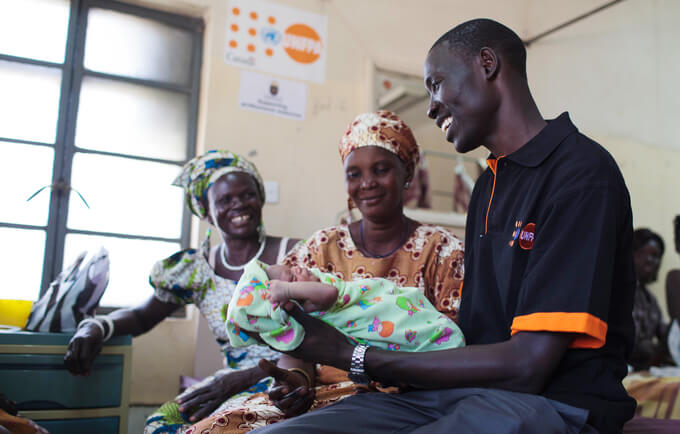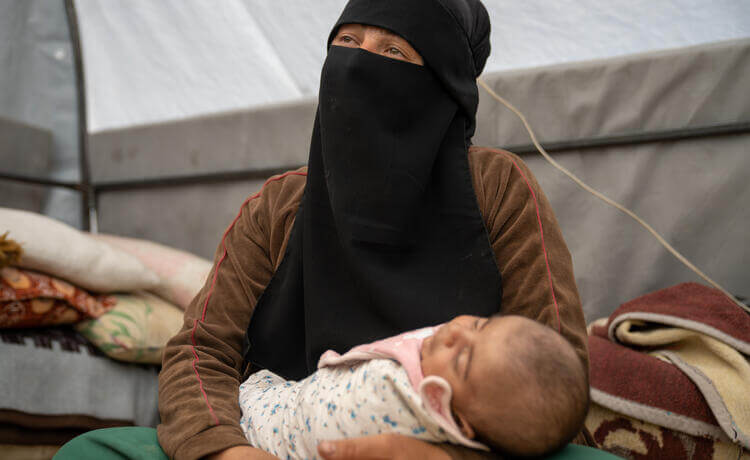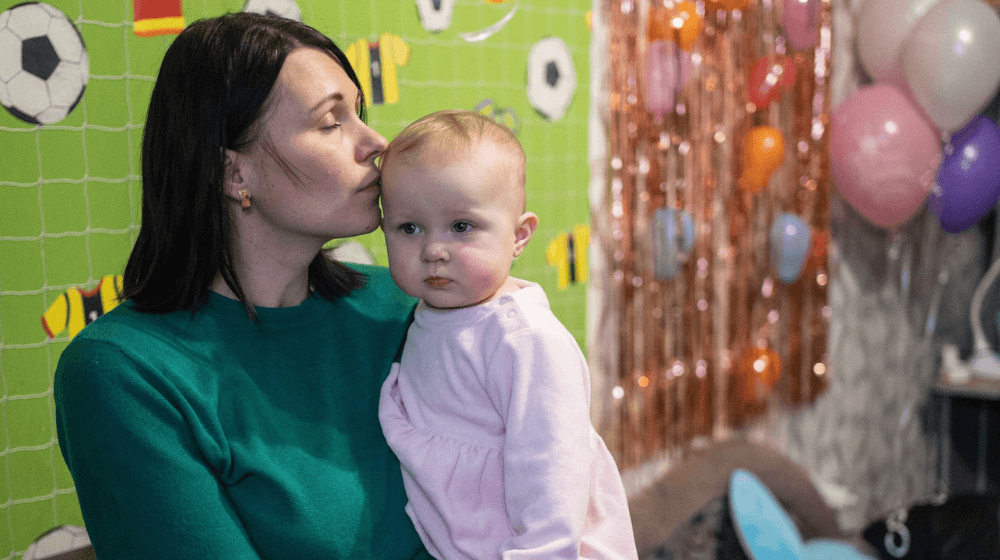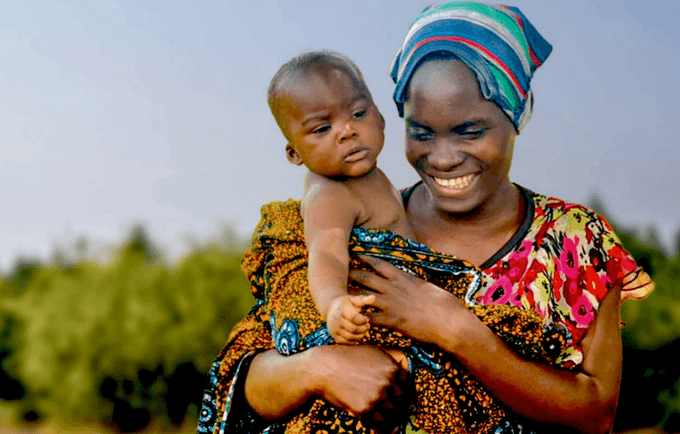The World’s Most Dangerous Places to Be a Mother
This Mother’s Day, 800 would-be moms will needlessly die from preventable pregnancy and childbirth complications. And this tragedy will repeat itself the next day, the day after that, and so on, until women everywhere have access to the sexual and reproductive health care they need.
As a supporter of women and girls, you’re part of a team dedicated to delivering a world where every pregnancy is wanted, every childbirth is safe, and every woman and girl can reach her fullest potential. Keep reading to hear from women in the world’s most dangerous places to be a mother and how your support has made all the difference:

Sudan
Insaf, a UNFPA midwife in Sudan, told us what it’s like to work in the capital city of Khartoum right now, “We are working all day every day across three hospitals. For women and girls who don’t have means of transportation, we go to their homes to ensure they give birth safely.”
The country has seen weeks of intense fighting and the lives of more than 200,000 pregnant women are on the line. Midwives like Insaf have played a critical role in keeping motherhood safe in the country. She, along with 90 other midwives, are connected to women in need of care via an emergency hotline. Then, the midwives travel to women’s homes to provide them with lifesaving sexual and reproductive health care directly, so they don’t have to risk the stress of gunfire in the streets. Another 460 UNPFA midwives are providing care around the country, including in Sudan’s refugee and migrant settlement centers.
These critical services remain available – for now. Jamila, another UNFPA midwife, shared that, “We have a severe lack of supplies in Khartoum, especially oxytocin and umbilical clips. Although services continue for the time being, we are praying for more supplies to arrive soon.”
But thanks to the generosity of supporters like you, we are confident that pregnant women and new mothers in Sudan will continue to have access to the care they need.

Syria and Türkiye
“Our house just collapsed,” said Nuha. She gave birth to her daughter Huda on February 5 – just hours before an earthquake would strike Syria and Türkiye. She remembers being so full of hope for her daughter’s future, but the disaster quickly changed those first precious moments from ones of joy and hope to uncertainty and fear. Nuha ran out of the rubble of her home, carrying baby Huda and bleeding profusely.
More than 130,000 pregnant women and new moms shared the same experience. Their lives suddenly thrown into chaos, they didn’t know where to shelter or if they would be able to access lifesaving care. Thanks to your support, Nuha received a mama kit, which contains items like baby clothes, soap, diapers, and blankets, so she could care for Huda – even in the aftermath of an emergency. UNFPA also deployed mobile health clinics and distributed dignity kits, so women and girls across the region would continue to have access to the care they desperately needed.

Ukraine
Olesia, her husband, and their 3-year-old son decided to stay in their home when their city became occupied. They had seen other families try to leave, but as Olesia explained, “A lot of cars were shot up and children and women who were killed were left lying on the road.” Olesia and her family stayed in their basement. “We didn’t even light candles, so the Russians wouldn’t think someone was home,” she said. They left only when they desperately needed water, and on those treks out, they saw the bodies of neighbors and their neighborhood shelled and burned. Then, one day, Olesia recounts, “The military enters your house, and you lie on a three-year-old child so that he does not make a sound and you are not noticed.”
After 36 days, everything was quiet. Olesia hardly dared to believe they might be free from occupation. But when they emerged from their home, their town was full of journalists, cameras, and UNFPA mental health counselors. Olesia and her family received the treatment they needed to begin rebuilding their lives. Today, she is once again teaching science to university students and has the support she needs to raise her son, even in the middle of a war.

Making Motherhood Safe
These women are just some of those you’ve cared for in the world’s most dangerous places to be a mother – but your support has made all the difference. Your support is also reaching pregnant women and new moms in emergencies like the drought and near-famine in Somalia, the protracted conflict in Yemen, and wherever care is needed most. This Mother’s Day, your gift will be doubled to ensure that every mom will have the support she needs to be safe and healthy. Donate today.